Bush Vegetable Plants: Using Bush Vegetables For Urban Gardens
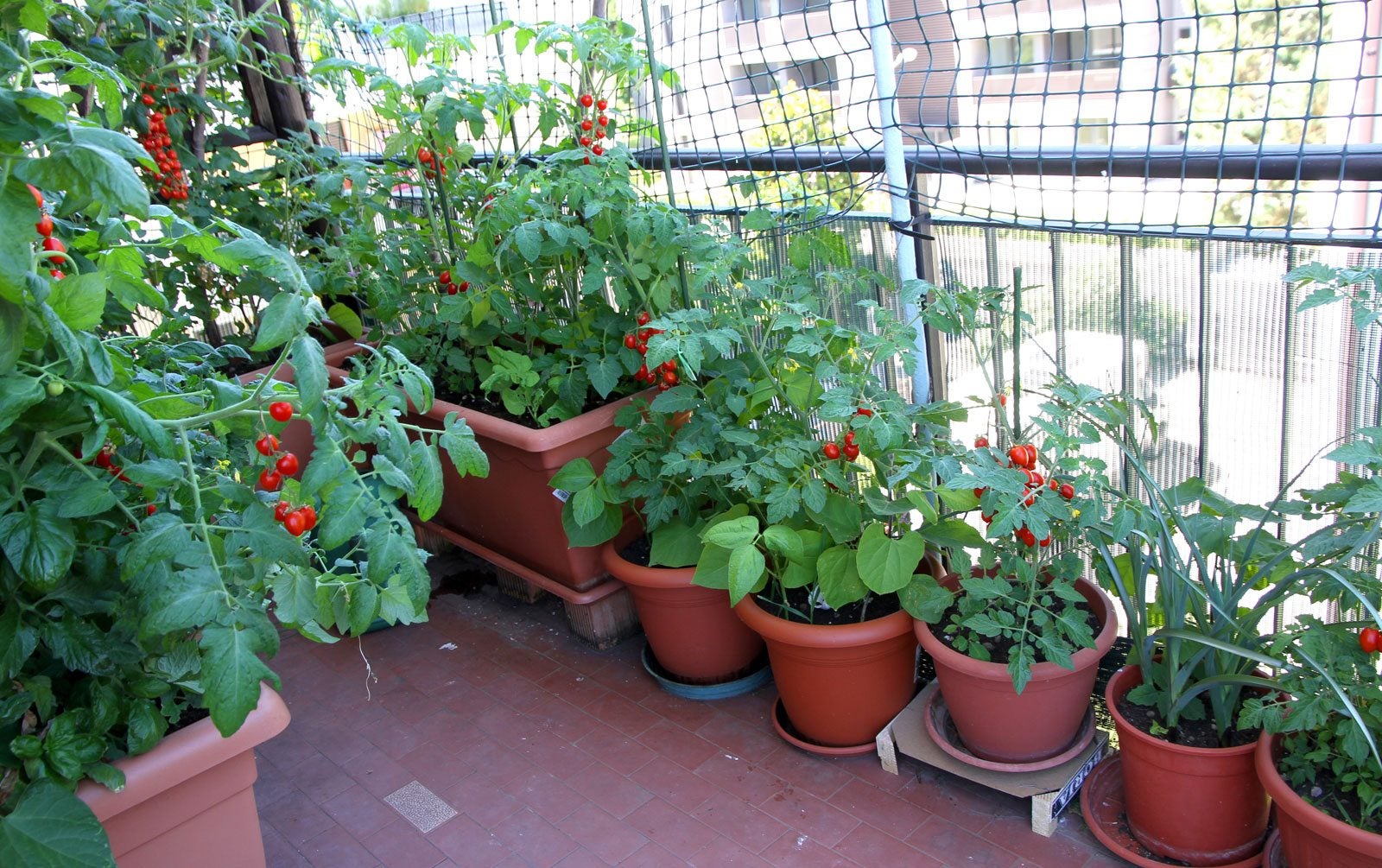
Gardening of any ilk is good for the soul, body, and often the pocketbook. Not everyone has a large veggie garden plot; in fact, more and more of us live in space saving condos, apartments, or micro-homes with little room for a garden. For just this reason, if you peruse any gardening catalog, you will find the words miniature and dwarf featured prominently and touted as perfect for the urban gardener.
However, did you know that there are many bush vegetables suitable for urban gardens? What are bush vegetables and which bush vegetable plants work for a small garden? Read on to learn more.
What are Bush Vegetables?
Fear not; if you have a balcony, stoop, or access to the roof that has six to eight hours of sun, you too can have fresh herbs and vegetables. There are many dwarf varieties available, or you can vertically grow many vegetables-- or you can plant bush varieties. Just what are bush type vegetables though?
Bushes, sometimes called shrubs, are woody, multiple stemmed plants that are low growing. Some vegetables are available growing either along vining habits or as bush type vegetables. Bush varieties of vegetables are perfect for small garden spaces.
Bush Varieties of Vegetables
There are a number of common vegetables that are available in bush type varieties.
Beans
Beans are a perfect example of a veggie that either grows along a vine or as a bush vegetable plant. Beans have been cultivated for more than 7,000 years and, as such, are one of the most popular and common vegetables grown-- be it pole or bush type. They grow best in full sun and well-drained soil. They are available in a variety of colors, from yellow to green to purple, as well as in a variety of pod sizes. Bush beans are suitable for harvest as shell beans, snap beans, or dry beans.
Squash
Squash also grows on both vine and bush plants. Summer squash grows on bush plants and is harvested before the rind hardens. There is a myriad of varieties of summer squash to choose from. These include:
Gardening tips, videos, info and more delivered right to your inbox!
Sign up for the Gardening Know How newsletter today and receive a free copy of our e-book "How to Grow Delicious Tomatoes".
- Caserta
- Cocozelle
- Constricted neck squash
- Scallop squash
- Zucchini
Lately, increasing numbers of hybrids have expanded the summer squash options even further, giving any number of bush squash vegetable choices for the urban gardener.
Peppers
Peppers are also grown on bushes. Native to Central and South America, peppers are of two camps: sweet or hot. As with summer squash, there is a dizzying number of varieties to choose from with a range of colors, flavors, and shapes. Almost any variety of pepper plant will work in an urban setting.
Cucumbers
Cucumber plants can also be grown in both vining and bush types. In fact, there are now many bush or compact varieties of cucumbers available that are ideal for growing in a limited space, with many of these requiring only 2 to 3 square feet (.2-.3 sq. cm.) per plant. They are even good choices for growing in containers. Popular bush cucumbers include:
- Bush Champion
- Bush Crop
- Parks Bush Whopper
- Pickalot
- Pickle Bush
- Pot Luck
- Salad Bush
- Spacemaster
Tomatoes
Lastly, I'm just going to sneak this one in-- tomatoes. Okay, I know tomatoes are technically a fruit, but a lot of people think of them as veggies, so I include them here. Besides, what is a self-respecting gardener to do but grow tomatoes? These contradictions grow from large bushes, almost trees, to smaller cherry tomato varieties. Some good compact tomato varieties for urban settings include:
- Basket Pak
- Container Choice
- Husky Gold
- Husky Red
- Patio VF
- Pixie
- Red Cherry
- Rutgers
- Sundrop
- Sweet 100
- Tumbling Tom
- Whippersnapper
- Yellow Canary
- Yellow Pear
There are many more than what is listed here. Again, the choices are endless and there is no doubt at least one (if you can choose just one!) suited to a small planting space.

Amy Grant has been gardening for 30 years and writing for 15. A professional chef and caterer, Amy's area of expertise is culinary gardening.
-
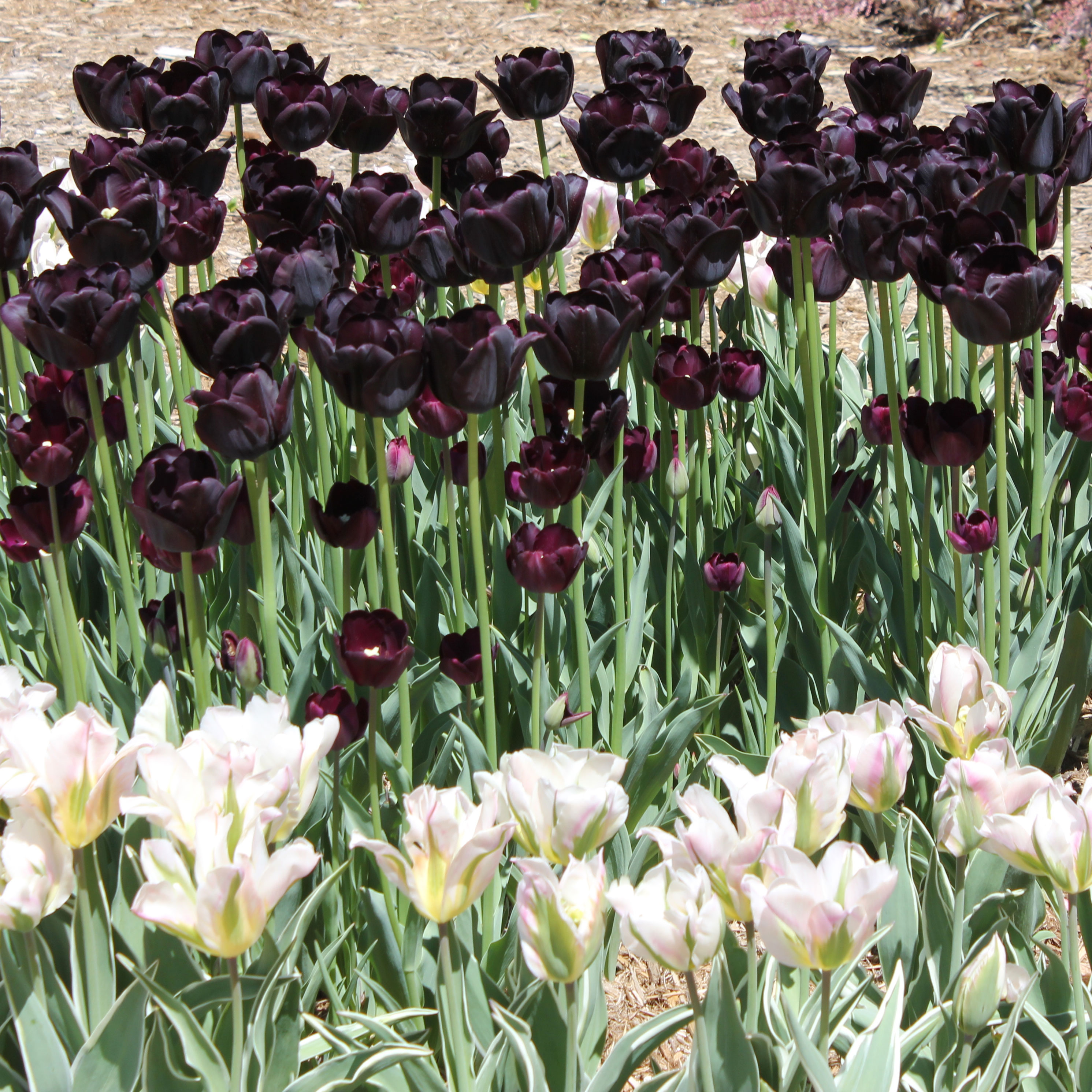 Moody Blooms For Spring: 8 Types Of Black Flowers To Add Drama To Spring Displays
Moody Blooms For Spring: 8 Types Of Black Flowers To Add Drama To Spring DisplaysFrom midnight burgundies to inky violets, several types of black flowers can enrich and embolden a spring display. Try these brooding bloomers for a moody garden
By Tonya Barnett
-
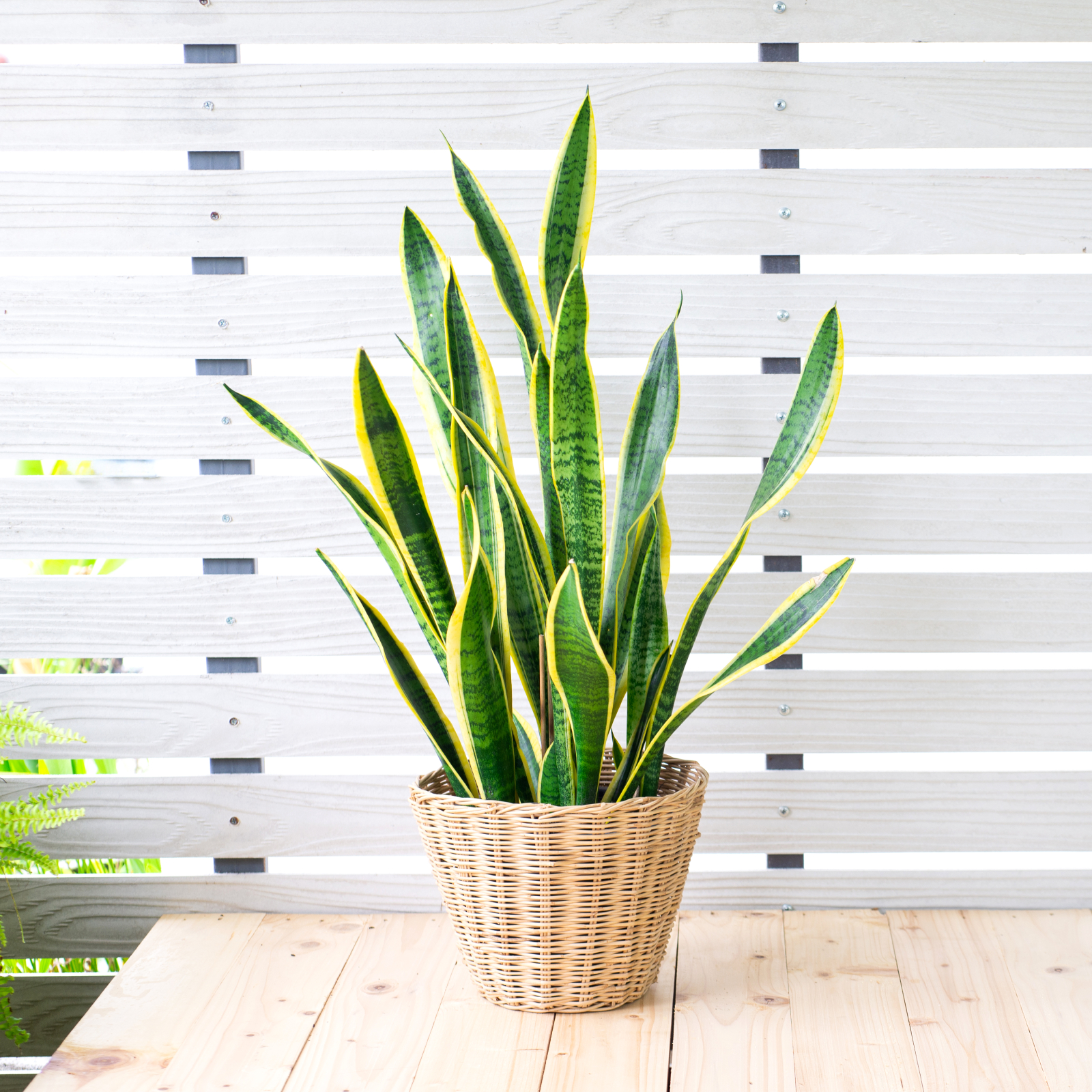 Can Snake Plants Live Outside? Everything You Need To Know For Snake Plants Al Fresco
Can Snake Plants Live Outside? Everything You Need To Know For Snake Plants Al FrescoSnake plants can live outside given the right conditions, but be careful that they don't take over! Learn the best way to use snake plants in your landscape.
By Mary Ellen Ellis
-
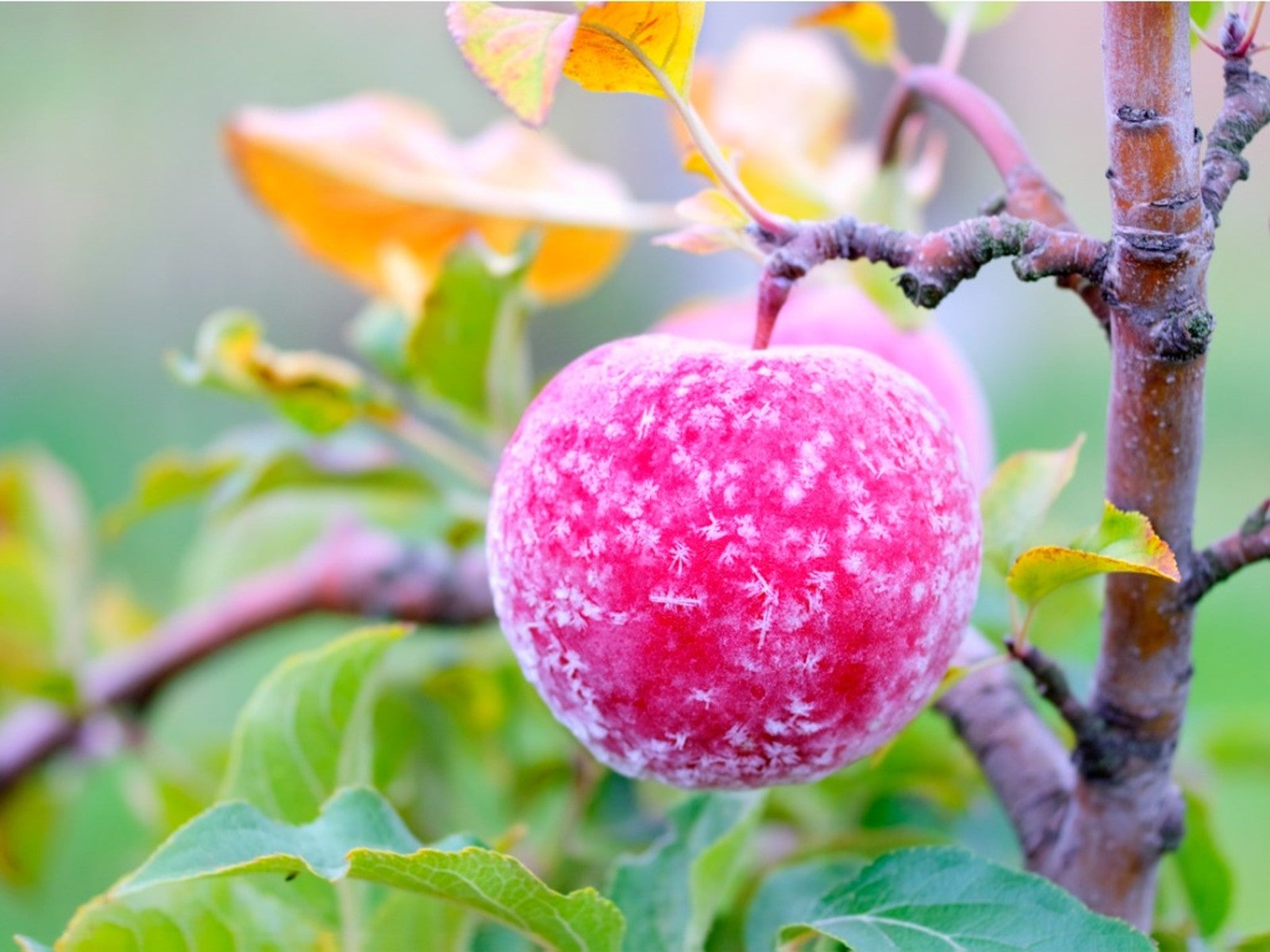 How To Protect Fruit Trees From Frost And Freeze
How To Protect Fruit Trees From Frost And FreezeChoosing fruit trees appropriate for your growing zone is best, but you still may need to protect them from extreme cold. Read how.
By Bonnie L. Grant
-
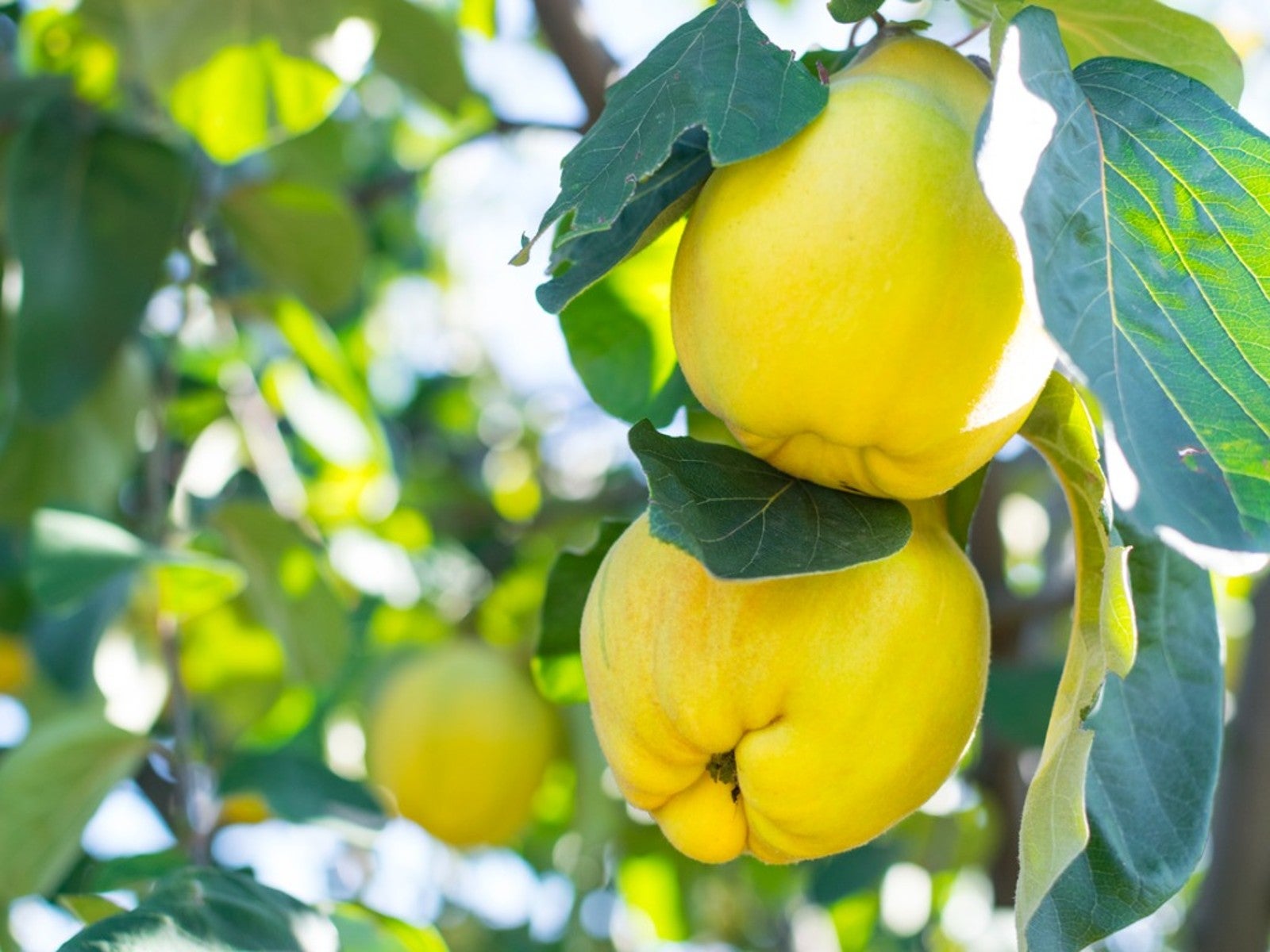 Best Plants For Late Summer and Fall Fruit Harvest
Best Plants For Late Summer and Fall Fruit HarvestEven if you don’t have the optimal conditions for more common fruit trees, there are other end of summer fruits to enjoy.
By Teo Spengler
-
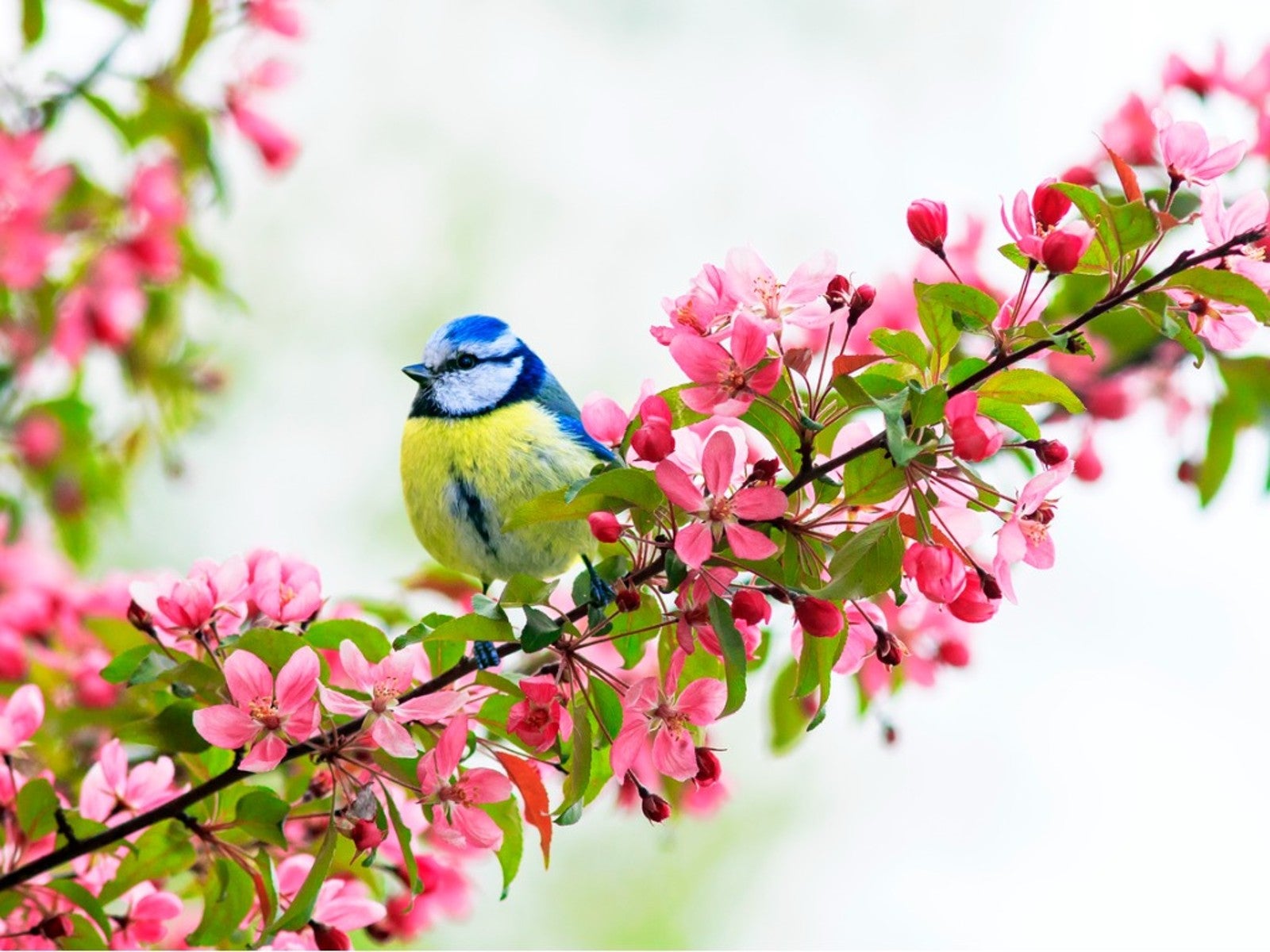 Best Native Fruit Trees To Support Wildlife
Best Native Fruit Trees To Support WildlifeIf you want trees that will attract and feed wildlife, learn the best kinds of edible fruit and nut trees to plant for inviting specific creatures.
By Teo Spengler
-
 Orange Fruit Varieties: Growing Fruits That Are Orange
Orange Fruit Varieties: Growing Fruits That Are OrangeOrange colored fruit isn’t limited to the citrus orange. There are plenty of other orange colored fruit varieties, each packing a healthful punch. Read on for more.
By Amy Grant
-
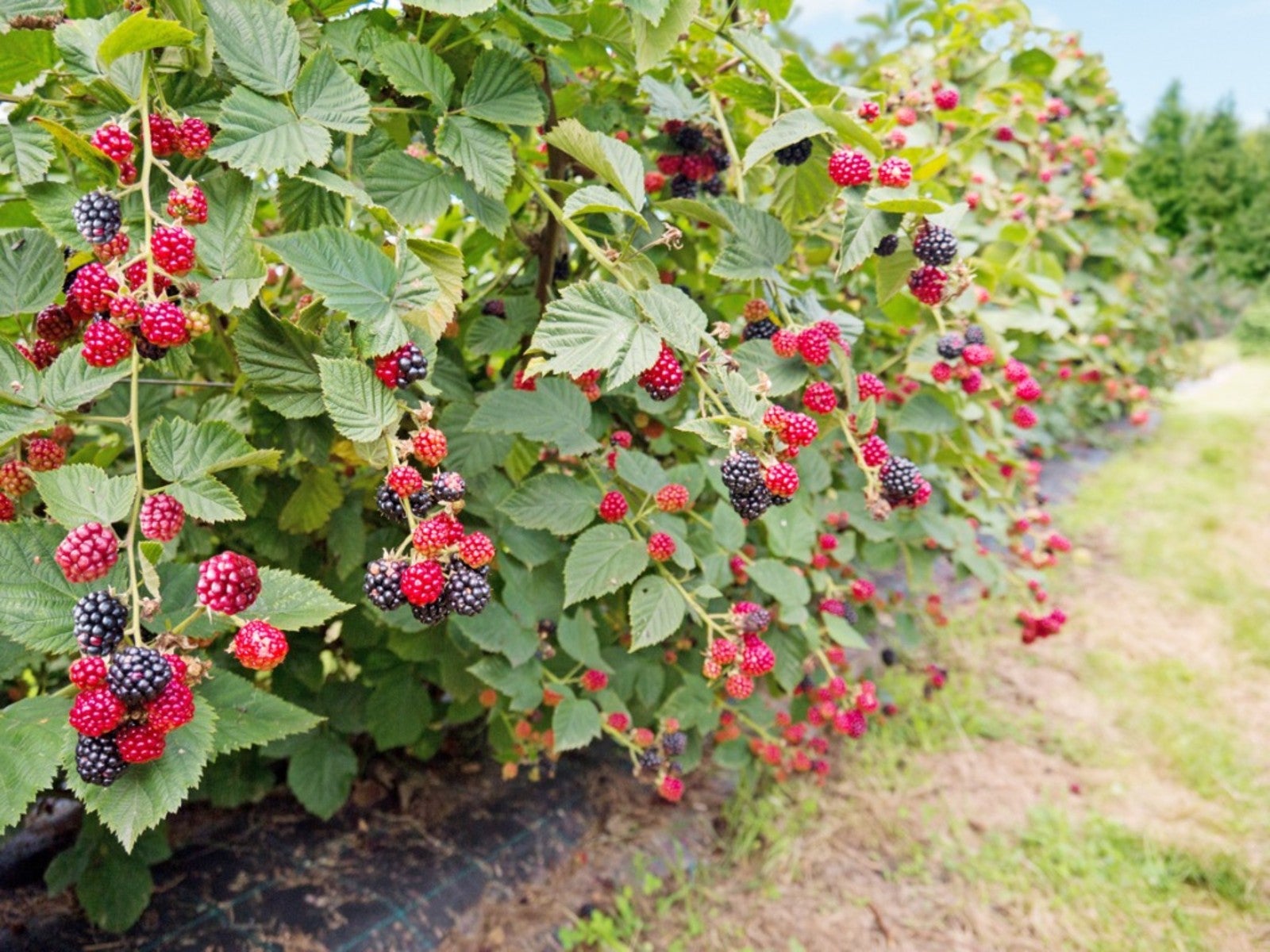 Everbearing Plants: Learn About Everbearing Varieties Of Fruit
Everbearing Plants: Learn About Everbearing Varieties Of FruitWhat does everbearing mean? And more importantly, how do everbearing varieties differ from non-everbearing types? Read on for more.
By Laura Miller
-
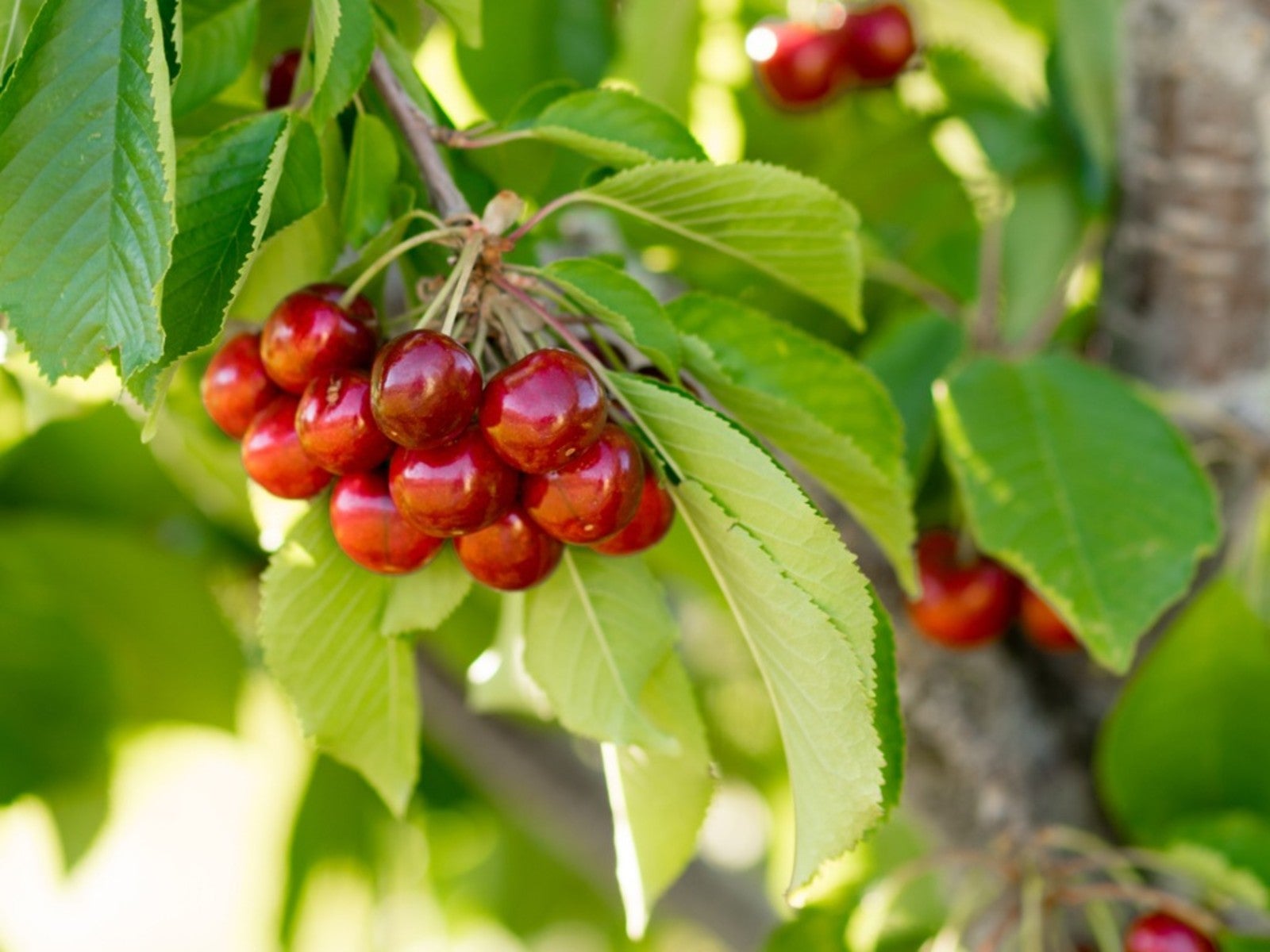 Plant A Red Fruit Garden: Growing Fruits With Red Flesh
Plant A Red Fruit Garden: Growing Fruits With Red FleshPlanting a red fruit garden may seem a bit whimsical. That is, until you realize the health benefits of consuming fruits with red flesh.
By Laura Miller
-
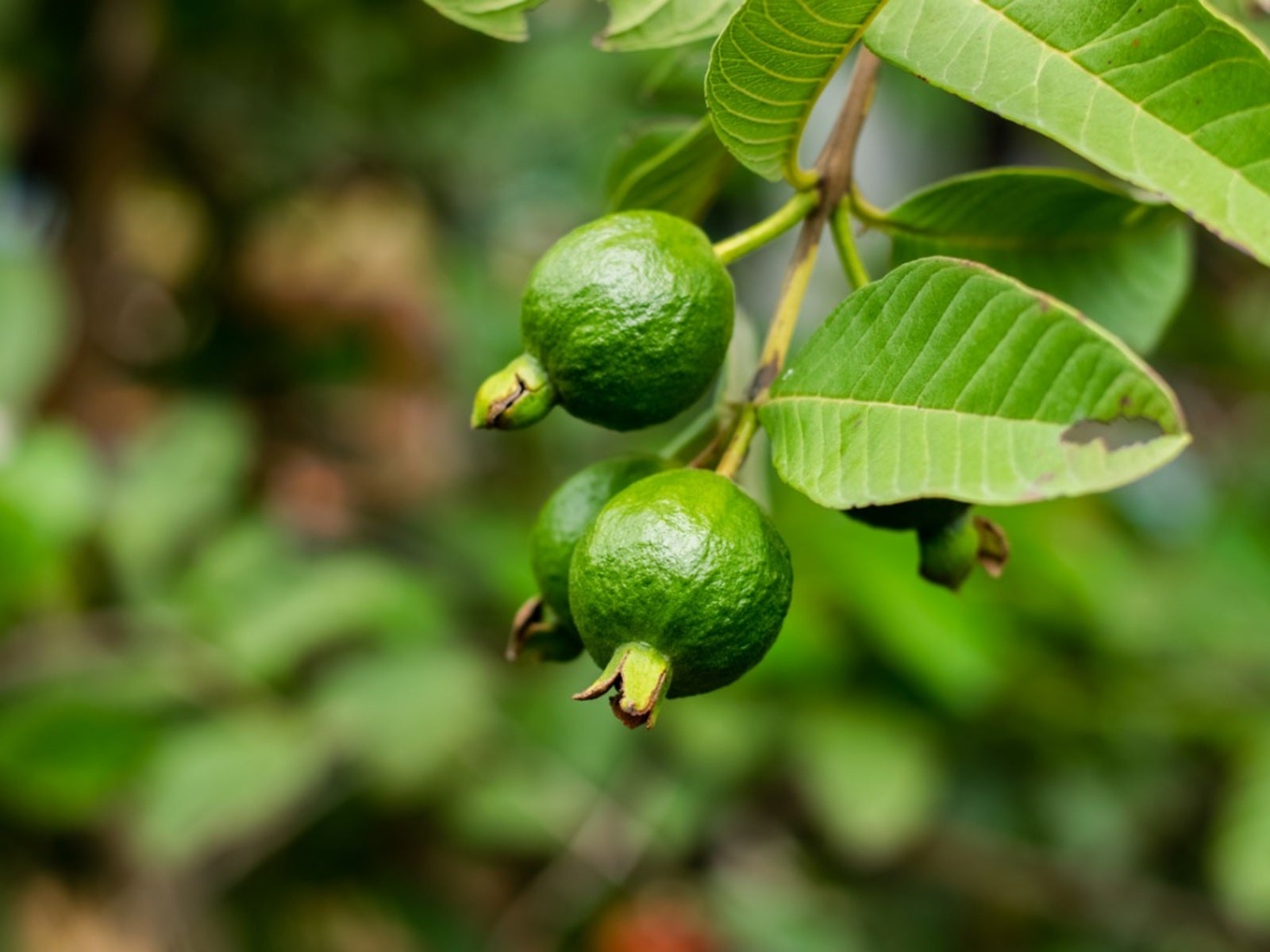 Heat Tolerant Fruits - Growing Fruit In Hot Weather
Heat Tolerant Fruits - Growing Fruit In Hot WeatherSome fruit grows in extreme heat naturally. But there are also specially cultivated, heat-tolerant varieties. For more information on heat tolerant fruits, read on.
By Teo Spengler
-
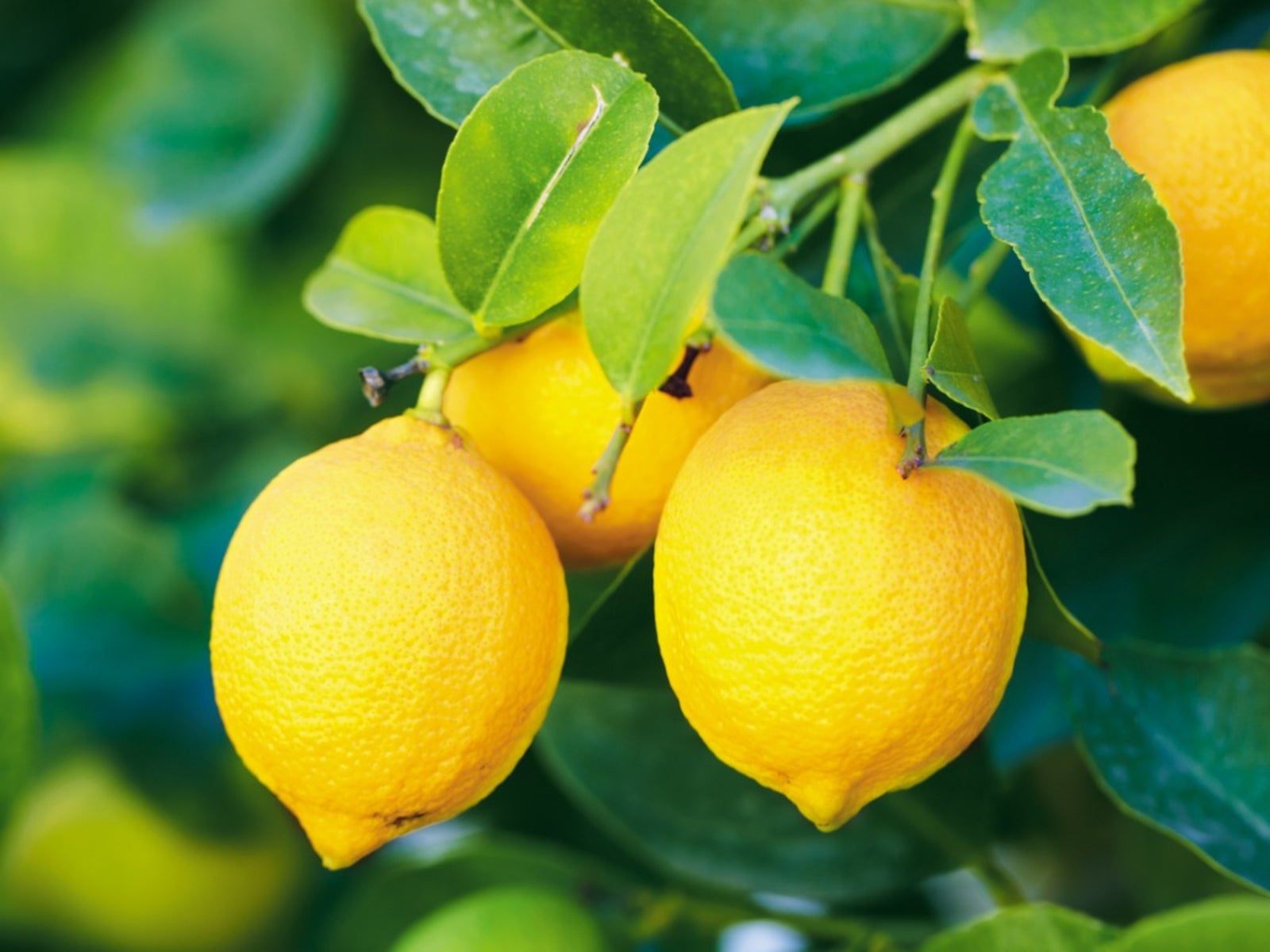 Yellow Fruit Varieties - Growing Fruit That Is Yellow
Yellow Fruit Varieties - Growing Fruit That Is YellowWhat fruit is yellow? There's more than the bananas at the supermarket. Try growing yellow fruit for a consistent supply of sunny food.
By Bonnie L. Grant